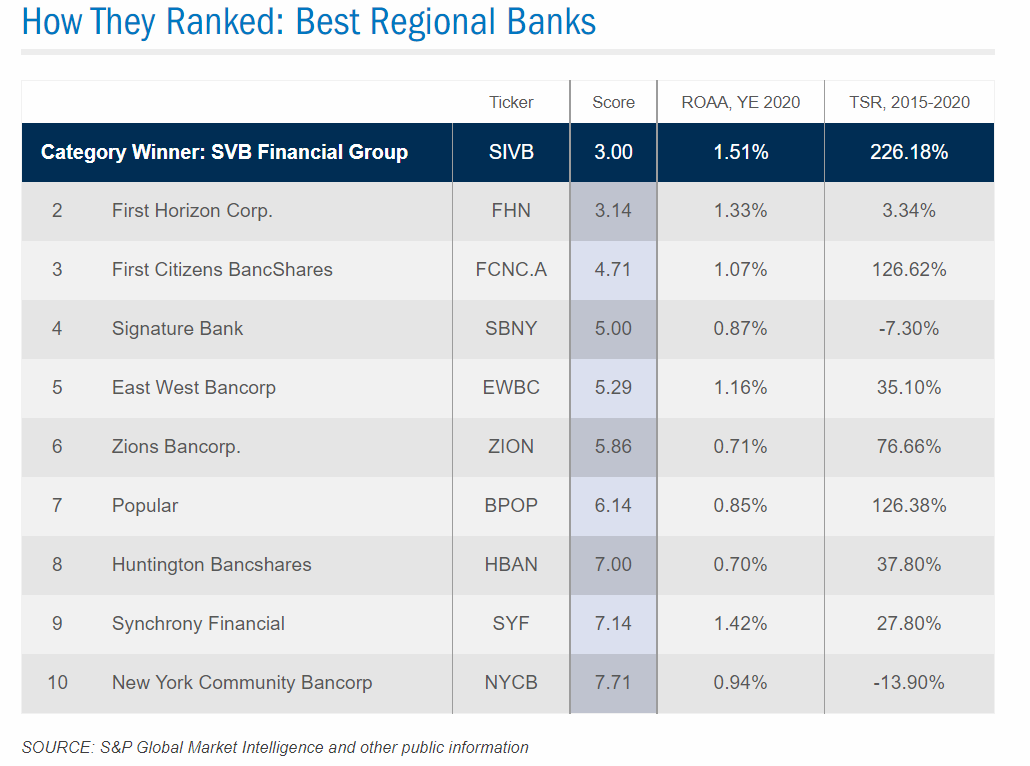Private Equity(PE) funds in the U.S. are increasingly attracted to the distressed banking sector in the U.S. While some consider these funds to be agents of change and turnaround experts others consider them destroyers of companies. One German minster called them “locusts”. PE funds usually acquire controlling stakes in companies, engineer changes in management and then exit making a quick profit.
In the past, the banking industry did not highly attract the attention of PE funds. However that is changing since the recent credit crisis as many funds are taking advantage of small and mid-sized distressed banks and are investing large amounts of capital in them. Unlike other industries such as technology, the banking industry is all about dividends, slow-but-steady growth, long-term relationships and regulation. These themes are the exact opposite of what private equity funds believe in. Hence ordinary investors in distressed banks that accept private equity funds have to use caution and monitor the performance closely.
From a report in the latest issue of Bank Direct magazine:
From the beginning of 2007 through the first quarter of this year, PE firms invested more than $33 billion in 149 banks, according to Pitchbook Data, a Seattle firm that tracks PE investments across all industries. Today, more than 100 private equity firms—or companies backed by PE money—are actively kicking tires in the industry, estimates Jim Gallagher, managing director of financial sponsors coverage for Keefe Bruyette & Woods in New York. They range from the multi-industry giants of private equity, such as TPG Capital in Ft. Worth, Texas, Sequoia Capital in Menlo Park, California, and Greenwich, Connecticut-based General Atlantic, on the hunt for megadeals, to smaller firms, such as Hovde Private Equity Advisors LLC in Washington, D.C., and Philadelphia-based Patriot Financial Partners L.P., which write checks almost solely for community banks. In between are all sorts of other players that have been attracted by the scent of potentially big returns.
“Every time there’s a blip like this in the market, there’s an opportunity for private equity to provide capital—either to a healthy company that’s positioned to take advantage of the dislocation or to help fix the balance sheet of a company that’s experienced some illness,” says Richard Thornburgh, Corsair’s vice chairman.
“If, as an investor, you can buy in at tangible book value or below, and banks historically trade at 1.5-to-2.25 times book,” Thornburgh adds, “that’s an attractive environment.”
Some of the small banks in which PE funds have invested capital include:
United Community Banks Inc(UCBI) of Blairsville, Georgia
BankUnited(BKU) of Coral Gables, Florida
Heritage Commerce Corp.(HTBK) of San Jose, California
Guaranty Bancorp(GBNK) of Denver,Colorado
BNC Bancorp(BNCN) of High Point, North Carolina
It must be noted that PE funds are not always successful with their investments. For example, PE funds poured billions into Washington Mutual and National City Bank before both of them failed spectacularly. So it remains to be be seen if the current strategy of PE funds on the distressed banking sector will be successful.
Disclosure: No Positions

